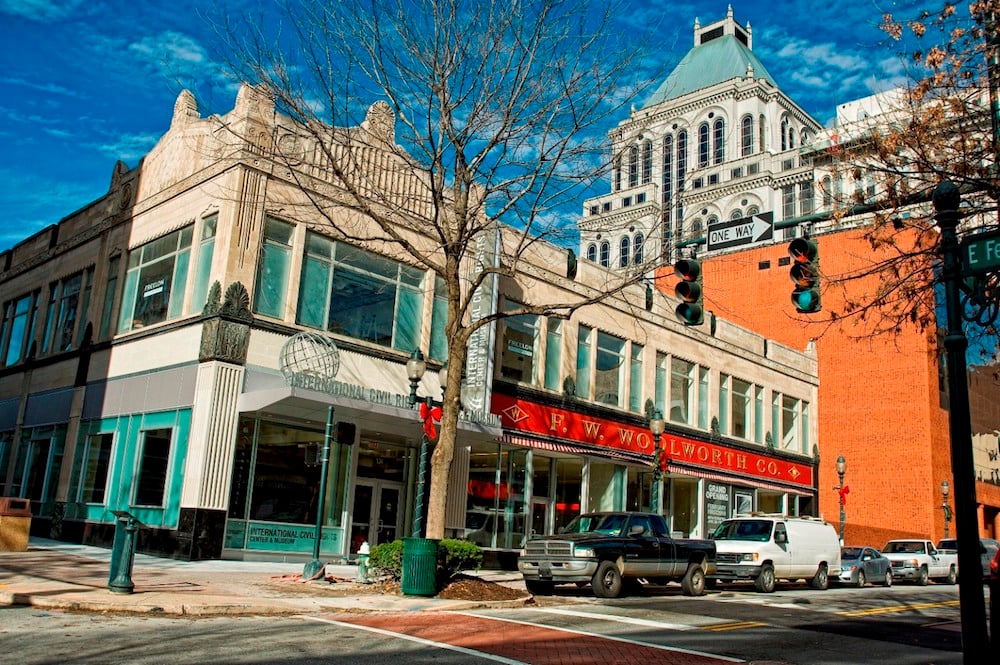
The International Civil Rights Center and Museum in Greensboro, North Carolina, recently denied admission to Republican presidential nominee Donald Trump after the businessman’s campaign was called out for being “aggressive and rude” to museum staff.
The candidate requested to visit the museum during his campaign trip through the battleground state last week, making “special requests” that the museum was unable to grant, such as that the institution be closed to the public for a minimum of five hours to accommodate the team and candidate.
Republican presidential nominee Donald Trump at a Wisconsin rally earlier this year. Photo Courtesy: Scott Olson/Getty Images.
Of the incident, Co-Founder of the museum, Earl Jones, explained to Greensboro’s WFMY, “We have equal treatment for everyone coming to the museum. We did not honor the request of Donald Trump team because we thought [what they] demonstrated in their approach was disrespectful.” The campaign was cited as being bullying in their demands to use the museum in their manner and in their own time.
Jones added, “The approach, the type of disrespect… it was inappropriate and I think it’s probably reflective of the type of insensitivity [to] civil rights and human rights that’s reflective of Trump over the years.” The museum, first opened in 2010, is built on the site of the infamous Woolworth lunch spot, where in 1960 four black college students took their seats at a whites-only counter and refused to leave or give them up. They are most famously known as “The Greensboro Four.”
The original portion of the lunch counter and stools where the four students sat on Feb. 1, 1960, has never been moved from its original footprint. Courtesy: The International Civil Rights Center & Museum.
The museum is an important cultural landmark, and has a strong sentimental place in its community. On this, Jones adds, “We welcome everyone to the museum but we are not to allow the museum to be used for political gain.”